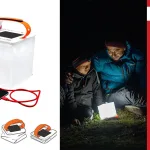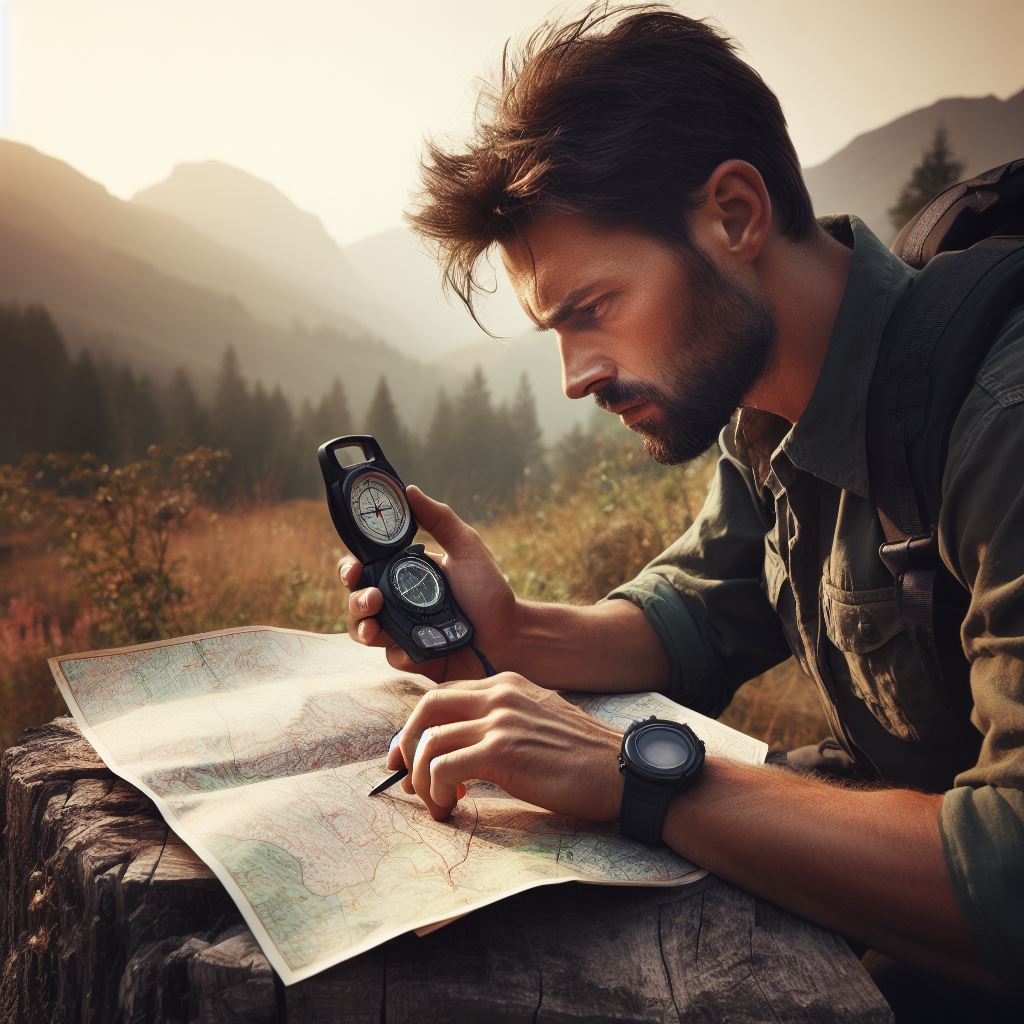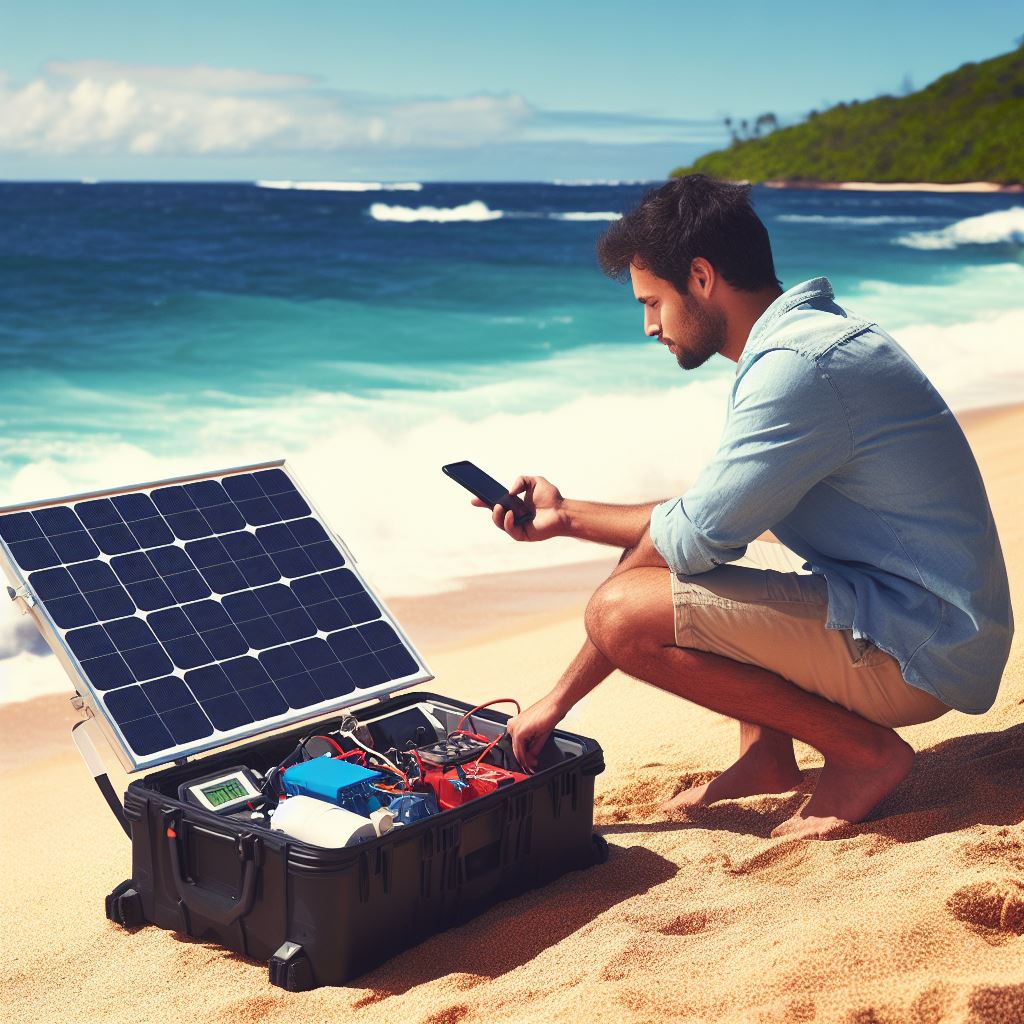Navigation skills are indispensable for individuals engaged in prepping and emergency preparedness. Whether navigating through wilderness terrain or urban environments during a crisis, honing navigation skills can be a crucial aspect of ensuring personal safety and successful prepping. Here’s an exploration of why navigation skills are essential for prepping:
1. Emergency Evacuation:
In prepping scenarios, the need for evacuation may arise due to various emergencies, such as natural disasters, civil unrest, or other unforeseen events. Navigation skills are essential for planning and executing effective evacuation routes to ensure a safe and timely escape.
2. Wilderness Survival:
Preppers often anticipate scenarios where they might find themselves in remote or wilderness areas. Proficient navigation skills, including map reading and compass use, are vital for navigating unfamiliar terrain, preventing getting lost, and reaching predetermined safe locations.
3. Resource Location:
During emergencies, access to essential resources such as food, water, and medical supplies is critical. Navigation skills enable preppers to locate and navigate to pre-identified resource points efficiently, ensuring they can secure necessary supplies for survival.
4. Communication and Coordination:
Effective navigation involves not only personal skills but also the ability to communicate and coordinate with others. Preppers often work in groups or communities, and having a shared understanding of navigation skills ensures effective teamwork during critical times.
5. Urban Navigation:
Navigating through urban environments presents its own set of challenges, especially during disasters or civil unrest. Preppers need to master urban navigation techniques, understanding street layouts, landmarks, and alternative routes to navigate safely through cities and towns.
6. Map and Compass Proficiency:
While technology has brought advanced navigation tools, preppers recognize the importance of traditional map and compass skills. These skills provide a reliable backup in situations where digital devices may fail or lose power.
7. Terrain Assessment:
Navigation skills involve the ability to assess and understand different types of terrain. Preppers need to evaluate the challenges posed by diverse landscapes, including identifying obstacles, understanding elevation changes, and choosing the most efficient paths.
8. Situational Awareness:
Navigation is closely tied to situational awareness. Preppers with strong navigation skills remain vigilant and observant of their surroundings, making them better equipped to adapt to changing circumstances and make informed decisions.
9. Route Planning and Reconnaissance:
Prepping involves strategic planning, and navigation plays a key role in route planning and reconnaissance. Knowing the lay of the land, potential obstacles, and the best routes for both movement and evasion is fundamental for preppers.
10. Discreet Movement:
– In certain prepping scenarios, maintaining a low profile and moving discreetly may be essential. Navigation skills allow preppers to choose routes that minimize visibility and reduce the risk of detection.
Meet Hajime, your passionate blogger-prepper who believes in empowering individuals and communities with the knowledge and skills necessary to make the art of prepping accessible and practical for everyone.












